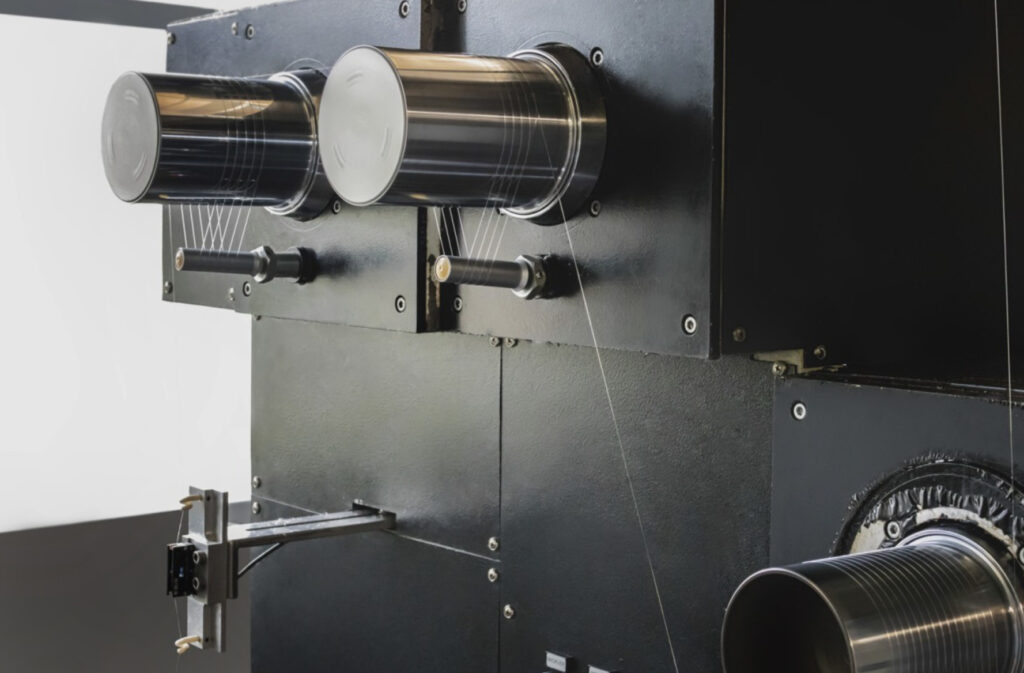In a groundbreaking collaboration between fashion icon Stella McCartney and biological recycling company Protein Evolution, a revolutionary parka made with plastic-eating enzymes was unveiled at COP28 in Dubai. This innovative garment represents a significant leap towards a circular fashion industry, addressing the critical issue of textile and plastic waste. Unlike traditional parkas, this eco-friendly design utilizes a biological recycling process that has the potential to reshape the future of sustainable fashion.
Key Points:
- Stella McCartney and Protein Evolution unveil a revolutionary parka made with plastic-eating enzymes at COP28 in Dubai.
- Unlike traditional parkas, this design uses rigid packaging waste and textile strappings from freight containers, marking the first garment produced with biological recycling.
- Protein Evolution’s Biopure process utilizes AI-designed enzymes to break down PET or polyester into monomers, which are then transformed into PET chips.
- The biological recycling process maintains material quality, allowing polyester fabrics to be recycled repeatedly without degradation, addressing the current issue of textile waste.
- Environmental benefits include a 70% reduction in CO2 emissions compared to virgin polyester and a more sustainable approach than traditional chemical recycling.
- Stella McCartney’s collaboration with Protein Evolution aligns with her brand’s commitment to sustainability, building on previous initiatives like mushroom leather.
- The parka, a proof of concept for the technology, is on display at COP28, demonstrating the potential for a circular fashion industry.
- Future plans involve Protein Evolution building a demonstration facility in 2024 with the capacity to recycle 1,000 tons of plastic waste annually.
Stella McCartney’s plastic-eating enzyme parka is more than just a fashion statement; it’s a step towards a more sustainable and circular fashion industry. The collaboration with Protein Evolution showcases the potential of biological recycling to revolutionize the way we produce and consume fashion. As the industry evolves, innovations like this parka may become the norm, signaling a brighter, more sustainable future for fashion.
